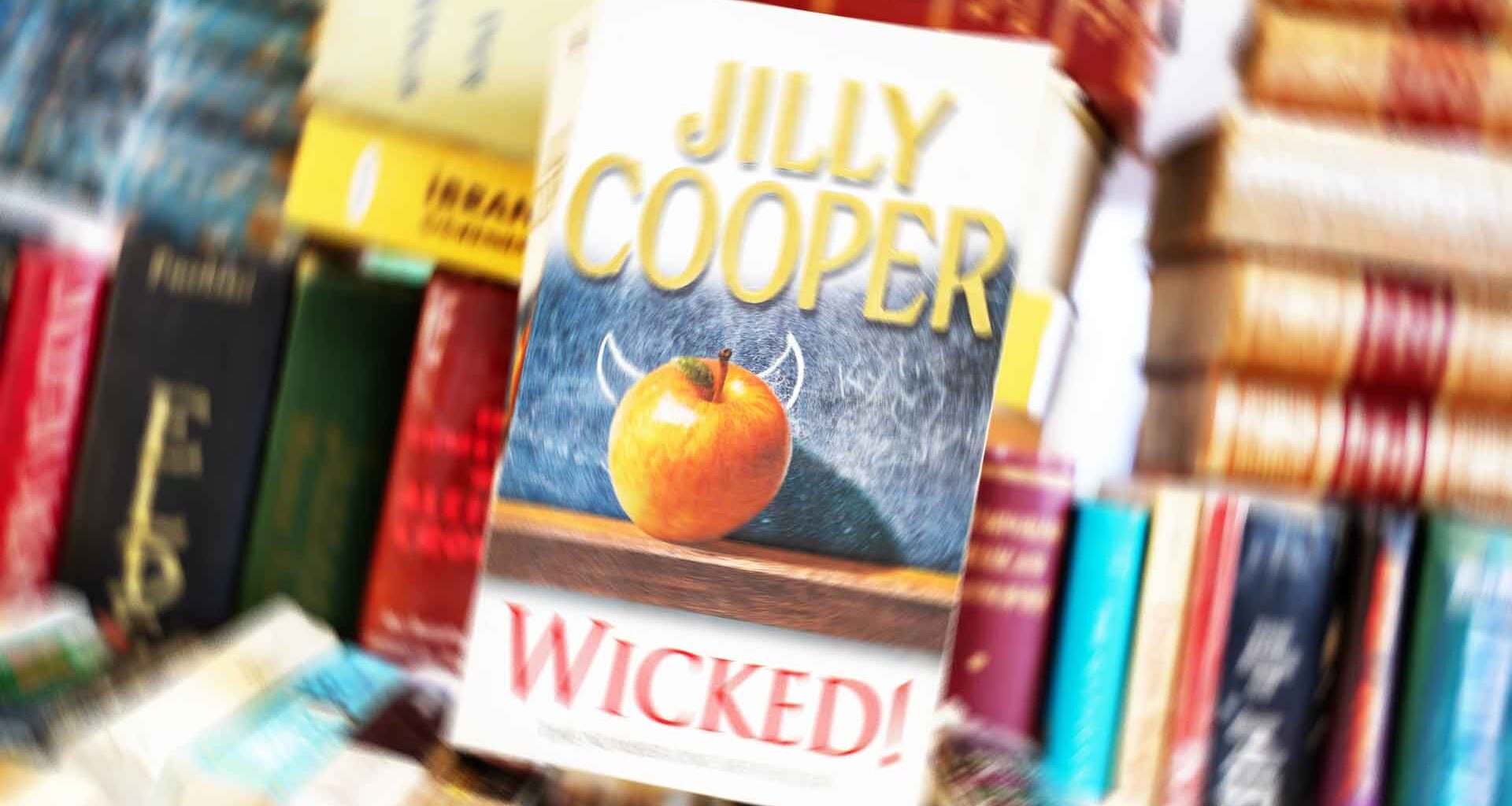In the week of her untimely death, it would be remiss of me not to start the week’s editor’s letter with Dame Jilly Cooper, whose contribution to creative writing, our cultural life and the publishing business has been immense over the 50 years since her first novel, Emily.
Her most successful series, of course, was the Rutshire Chronicles, which offers what has been described as “an intoxicating blend of skulduggery, swooning romance, sexual adventure and hilarious high jinks”. That the second book, Rivals, was recently made into a successful Disney+ series, with the new audiobook also shortlisted for a Speakie at The British Audio Awards, shows the enduring quality and truth of her prose and plotting.
The vanishingly swift exit of HarperCollins (HC) UK CEO Charlie Redmayne from his role would not be out of place in one of Cooper’s books. Redmayne is a News Corp lifer having joined the Murdoch empire in 2006 when it bought his start-up, MyKindaPlace. He shifted to HC to be its digital development director – based in New York – before leaving briefly to run Pottermore. He returned in 2013 as CEO of HarperCollins UK. Initially sensitive about not being a “book man”, Redmayne is now well liked and is much respected among the author-agent community. Like many Old Etonians, he is clubbable and charming, knowing what to say, when and to whom. He is something of a risk-taker, but he could also be discreet. I had lunch with him a week before his move to run HC was announced. Not a word was said.
He ran a steady ship, too. HarperCollins UK today is a better-run business than it was, and significantly bigger thanks to acquisitions such as Egmont (now Farshore) and Harlequin Mills & Boon, but also to successful publishing.
The vanishingly swift exit of HarperCollins’ UK CEO Charlie Redmayne from his role would not be out of place in one of Jilly Cooper’s books
The manner of Redmayne’s departure is shocking. His boss Brian Murray is said to have flown to the UK to deliver the news in person, but the announcement gave no reason for his exit, and there was no comment from HC or Murray about his time there, a move described as “ruthless”. Redmayne has also not commented publicly.
Internally, staff are reported to be astonished, while externally – ahead of the Frankfurt Book Fair – gossip is rife. There are suggestions that Redmayne is carrying the can for the problems at its new distribution hub in Robroyston, and the edits being made to Andrew Lownie’s Entitled over claims made about Melania Trump.
There is also a vacant position at Simon & Schuster in New York, that Redmayne would have been well suited to fill. Parent KKR is looking outside of publishing, but Redmayne half fits that brief. He is strategic – unlike current incumbent Jonathan Karp – can talk money and manage it, but is also now bookish enough not to scare away the horses.
None of these scenarios quite tracks, however. Even financial failures get to sign out. And if S&S was on the horizon, News Corp would hardly want to fall out with a person about to run one of the businesses it will one day want to acquire. On President Trump, I do not recall the last time a CEO was sacrificed for re-editing a book, or even making a major apology, and the big publishers have so far refused to buckle to someone who is a serial – but not often successful – litigator.
By the end of a Cooper book the myriad plots have been resolved, the rewards and comeuppances meted out appropriately. I do not know if that will be the case here, or indeed if this is a tale that will offer up a satisfying denouement, never mind a comic one. I do know that without a steer from either HC or Redmayne, this is a narrative that runs the risk of writing itself.

